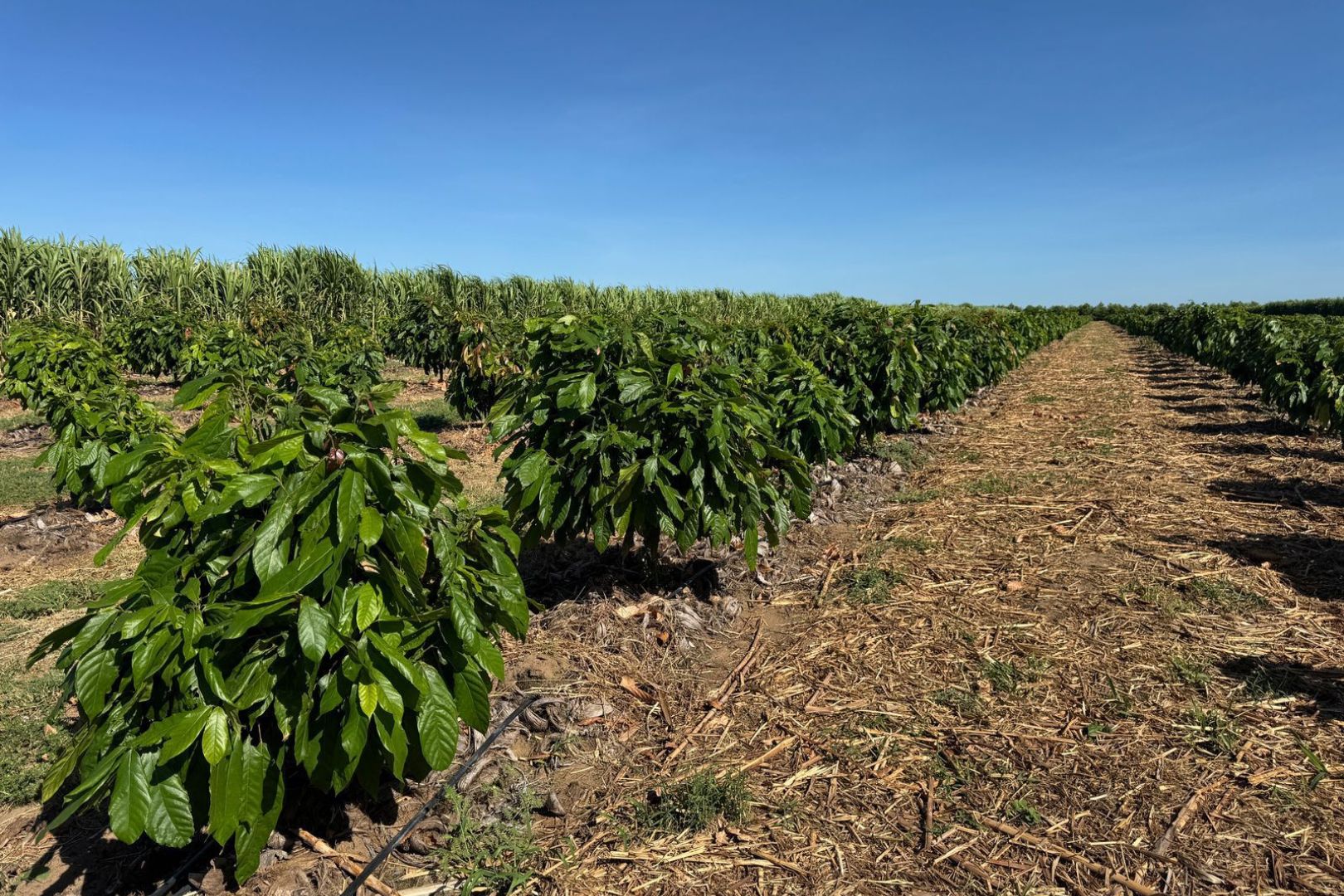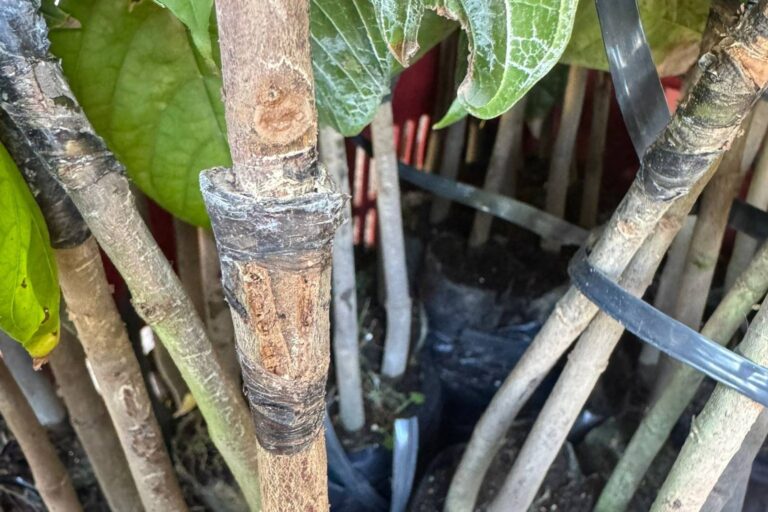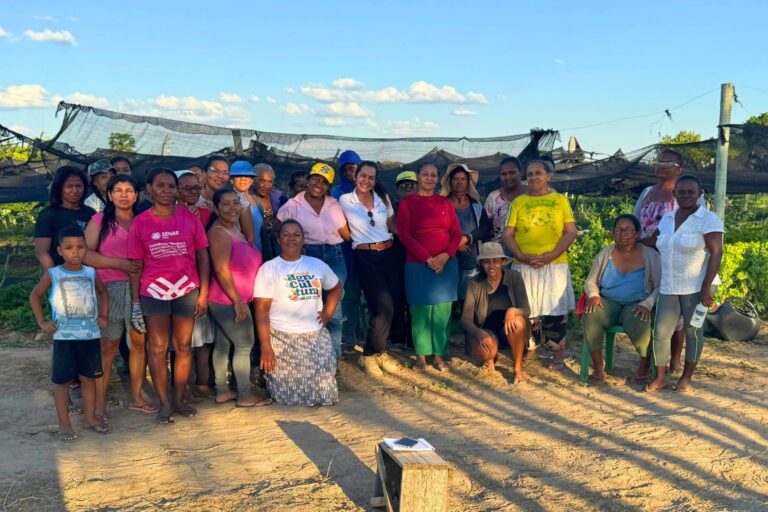As part of our relentless pursuit of excellence, we leverage advanced agricultural data analytics and cutting-edge AI-powered methods to monitor every stage of our cacao growth. We optimize each step from the newly planted seedlings to their mature fruit-bearing phase in the fields, and the post harvest process.
A Data-Driven Approach to Cacao Farming
Traditionally, cacao farming has relied heavily on the experience and intuition of farmers. This is especially the case for small holds in tropical areas of the globe, where farmers don’t have any access or connection to global agriculture experts in the United States, Europe and Middle East. While intuition and traditional techniques remain valuable, the integration of precise data collection and analysis significantly enhances decision-making. At Peirot, we combine traditional expertise with advanced agricultural analytics to achieve optimal outcomes in our cacao plantations.
Every cacao plant at Peirot is monitored comprehensively. From the earliest stages, we track environmental and soil factors crucial for healthy development, including wind speed, water availability, temperature fluctuations, humidity levels, and detailed soil conditions. Our sophisticated approach allows us to optimize resources, ensuring each plant receives precisely what it needs to thrive, with on demand irrigation and fertilization.
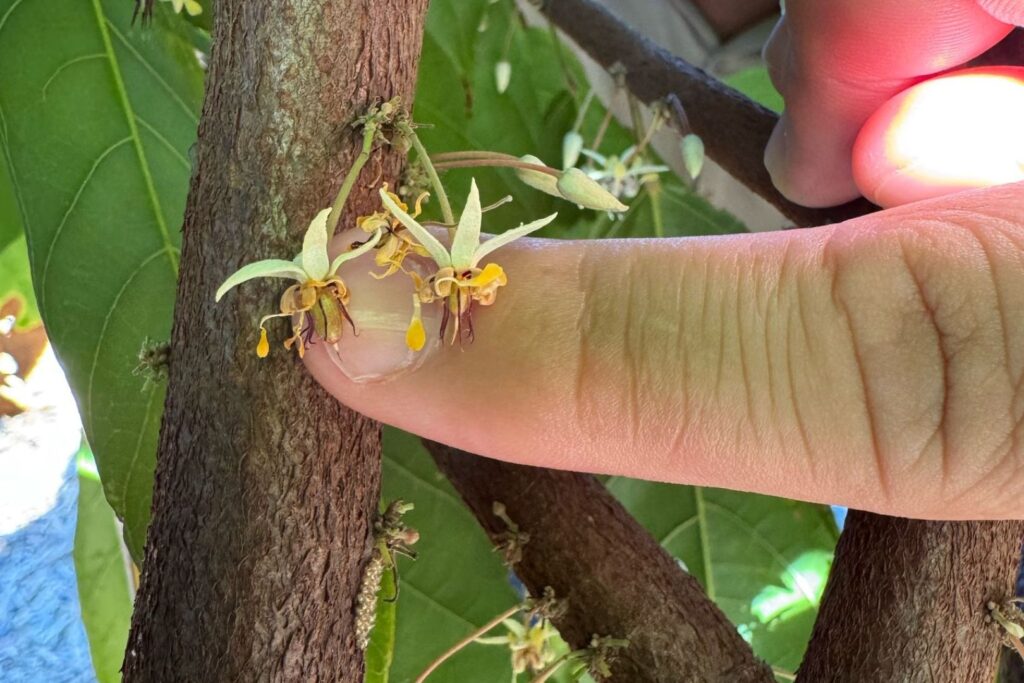
Advanced Monitoring from Seedling to Harvest
The journey of our cacao plants begins with young seedlings that are nurtured in the controlled environment of our net house. Each seedling’s growth rate, color, and overall health meticulously recorded. Early intervention at this critical stage helps establish a strong foundation for the plant’s future resilience and productivity.
As these seedlings transition from acclimatizing in our net house to planting in the fields, real-time monitoring continues through an array of sensors strategically placed across the plantation in and above the soil. These sensors are designed to provide continuous data on various critical environmental factors and plant characteristics. Remote monitoring technology allows our team to access this data in real-time, regardless of their location, making immediate adjustments and interventions possible.
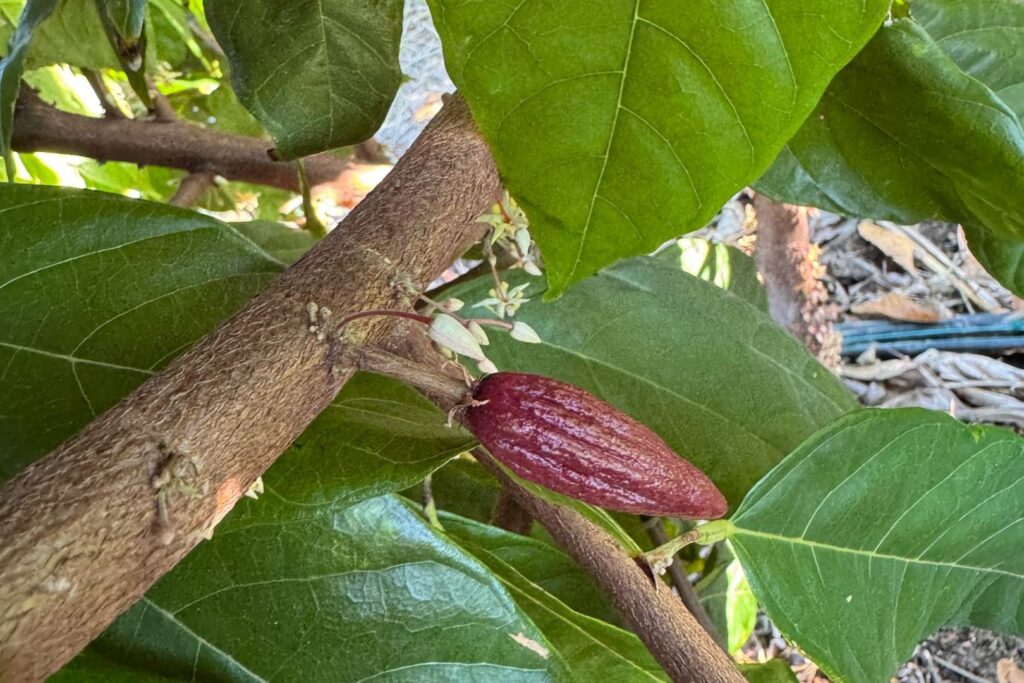
Leveraging AI for Precision Agriculture
Data collection alone isn’t enough; it’s the insightful analysis of this data that drives true innovation. At Peirot, we utilize a combination of traditional statistical techniques and state-of-the-art Artificial Intelligence (AI) algorithms to interpret and predict cacao plant performance and environmental interactions. Our work is supported by global innovators like TALGIL, producers of the Netafim irrigation system, we are fully supported to reach towards the horizons of the future.
AI-driven analytics help us identify subtle patterns and relationships that may be invisible to the human eye. These insights inform our agricultural strategies, enabling us to predict plant needs, anticipate potential issues, and respond proactively to environmental changes. For example, AI models analyze historical and real-time data to forecast optimal watering schedules, predict nutrient needs, and alert us to possible disease outbreaks or pest invasions.
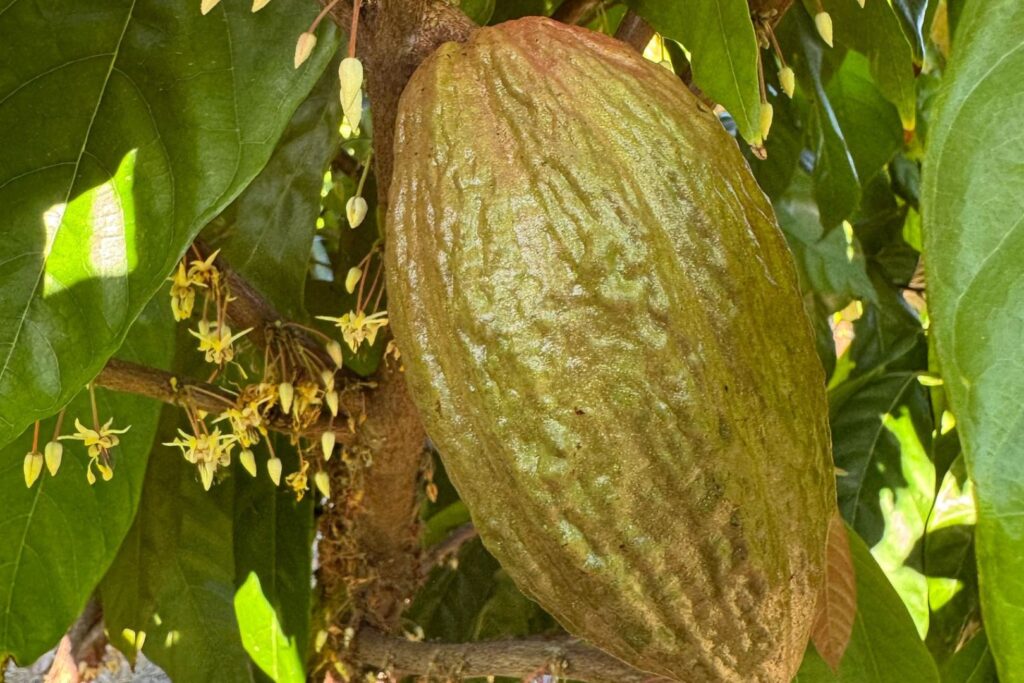
Optimizing Growth and Improving Yields
The power of data-driven agriculture is evident in the results we see at Peirot. By fine-tuning environmental conditions and carefully managing resources, we’ve seen significant improvements in the growth rates and health of our cacao plants. One remarkable outcome has been the reduction in the time required for our cacao plants to move from seedlings to fruit-bearing trees. Cacao trees typically mature at 6-7 years, but we will pick fruit after only two years! This shortened growth period means a faster return on investment and enhanced productivity across our farms.
Furthermore, improved monitoring and predictive analytics will allow us to maximize our overall yield, ensuring that our harvests are abundant and consistent. These benefits are not only economic but also contribute significantly to sustainability, as we optimize resource usage, reducing waste and environmental impact. We’re already seeing some of these benefits with our coconut crops.
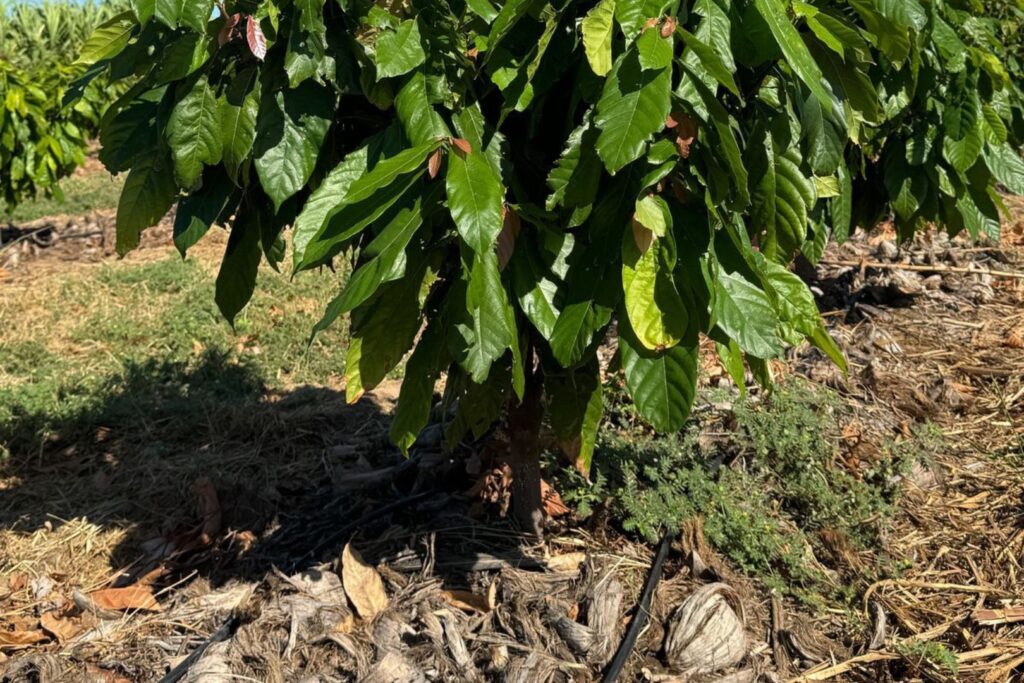
Environmental Responsibility and Sustainability
At Peirot, our innovations serve a dual purpose: economic viability and environmental sustainability. Data analytics and AI-driven agriculture enable us to reduce unnecessary water use, minimize chemical inputs, and enhance biodiversity through precise, informed decisions. Our sensor-based systems ensure that we apply exactly what is needed, when it is needed, avoiding the traditional pitfalls of over-fertilization and excessive water consumption.
From integrated pest management, to drip irrigation and recycling coconut husks for moisture retention and weed prevention, everything we do is aimed at leaving a positive impact on the environment.
By consistently adapting and refining our farming practices based on rigorous data analysis, we enhance the resilience of our cacao plants and the land on which they grow. This ensures the long-term viability of our farms and preserves the surrounding ecosystems, aligning with our core values of capability, sustainability, and innovation.
The Future of Farming at Peirot
Looking ahead, we remain committed to pushing the boundaries of what is possible in cacao farming. Continuous advancements in sensor technology, AI algorithms, and analytical capabilities promise even greater accuracy and efficiency. As we expand and refine our methods, our goal remains clear: to sustainably produce exceptional quality cacao that meets global demand while protecting the environment and enhancing community livelihoods.
Through innovation, data-driven practices, and a deep commitment to sustainability, Peirot stands at the forefront of modern agriculture, redefining the future of cacao cultivation.

